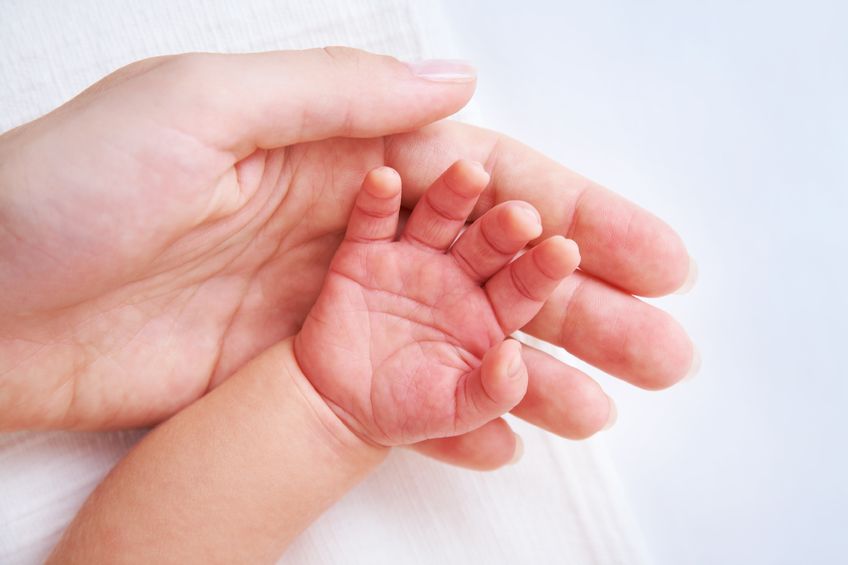We all think our autobiographies are terribly interesting, and most of the time we are right. But children live now. They will be interested in your story later, when they become fascinated by their own, as adults. Observe your...
We all think our autobiographies are terribly interesting, and most of the time we are right. But children live now. They will be interested in your story later, when they become fascinated by their own, as adults. Observe your tendency to project your own experience onto your children. When you do that, you respond not to them but to a long-gone you. It doesn�t help them. If that long-gone you needs attention, get it in the therapist�s office. Try to see your child without that filter.
For example, when you hear your baby cry, do you analyze its meaning through your own autobiography? Perhaps you were left to cry for hours alone in a crib because a pediatrician told your mother to �let her cry it out� or not to �spoil the baby.� So when you hear a baby cry, especially your own, it triggers those feelings of abandonment and fear in you. The unthinking response would be to get the baby quiet at all costs so you don�t have to re-experience that pain. You may empathize with a feeling that is yours, not your baby�s, and so your response doesn�t fit your baby�s need. True listening begins in your child�s infancy when you begin to practice removing your autobiography in order to understand your baby�s language and to mirror appropriately what he tries to tell you. This requires getting into present time with your whole being.
Early childhood experts, doctors Eileen and Tom Paris say it well:
�Learning the developmental themes of bonding, mirroring, and separating and the skills that support them from early on will give your baby the best possible start. These themes are ongoing and lifelong. We all need to be attached and bonded. We all need to feel understood, and we all need to be respected as individuals with experiences and feelings of our own�
Sometimes your baby may need to cry, in the warmth and safety of your presence. Your practice is to be present with her, mirror with your expression and speech what you hear, and check yourself for autobiographical projection, until you are sure your baby feels heard and can be comforted. Breathing deeply and relaxing can get you through this. Each time you do it, you will find it is less stressful and more interesting. You will find yourself engaged in the process of learning from your baby. You learn to accept your baby�s pain in the same way you feel his pleasure, without the attachment of craving, but with the compassionate love that is true non-attachment. Practicing in this way affects the way you love everyone else in your life as well. It teaches you how to be more truly compassionate, not only with the suffering of others but with yourself. This sets the foundation for your relationships and your child�s for the rest of your life.
Being present with your children requires that their well being is your top priority. After you have decided to be present, you will revisit that decision often and begin to find ways to do it that fit your lifestyle. You will design your lifestyle to fit this decision. Rather than just another �should,� being present for your little ones will become a fun, creative, and exciting endeavor that will teach you valuable lessons and bring joy to the most mundane of your everyday experiences. One dad said, When my wife goes away on business and I�m at home with the baby, I don�t expect to get a lot done. I have learned to take a deep breath, shut off the computer, and give my baby my undivided attention. A great thing about this approach is that it gives me a rewarding break from things that only seem important, and I get back in touch with what really is important.�
Cultivate a deep curiosity about your child, or each child if you have more than one. This curiosity opens you to the moment and allows you to discover all the things that make him unique. Your interest, in turn, invites your child to show you how unique and beautiful she is because a child who has not been judged and beaten down knows he is special and wants to share himself with you. Your delight feeds her joy, like an ever nourishing figure eight of love between you.









